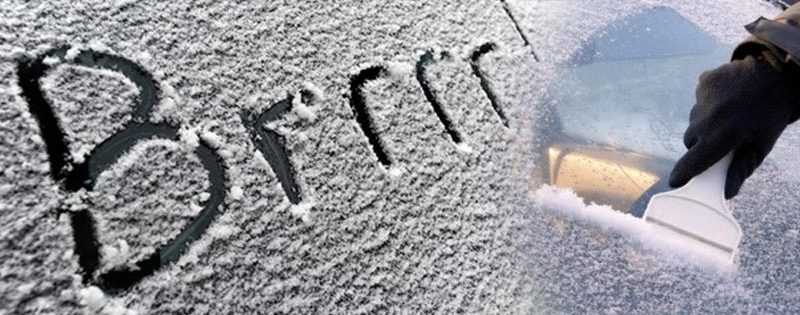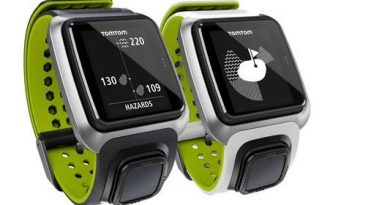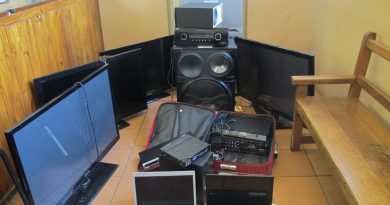What is on your winter checklist to avoid a chilly disaster at Home and with your Car?
Winter is in full swing and South Africans are urged to take proactive steps to adequately prepare their cars and homes for the chill.
Auto & General Insurance offers the following advice:
Tips for your car:
- Wiper motors – If your car is parked outside, be sure to turn the wipers off before turning off your car. Ice build-up on the wiper blades may strain or burn out the wiper motor if the wipers are used immediately on start-up. Before you leave the house on a cold, winter morning, clear any frost from the windscreen and wipers with warm but not boiling water as boiling water can cause your windscreen to crack.
- Tread – Make sure your tyres have adequate tread. Driving with worn or unmaintained tyres is a hazard not only for yourself, but for other drivers on the road as well – especially in icy conditions.
- Pressure – Low temperatures can cause low tyre pressure. A tyre that is inflated at 2 bar in spring and summer could easily drop to 1.8 bar in cold weather so make sure your car’s tyres are correctly inflated.
- Charged and oiled up – In winter, engines are harder to start due to lower battery power and lower oil fluidity caused by lower temperatures so make sure that your car’s battery is checked and the oil is changed if needs be.
- Rough start – The lower the temperature, the lower the rate of fuel evaporation and the harder it is for the fuel in your engine to ignite. If you haven’t had your car serviced in a while, now’s the time to get it done. Even a fresh set of spark plugs can make a significant difference.
- Fogged up – Foggy and frosty windows are big safety risk in winter. Make sure your car’s defogger and defroster work. Also, make sure the heater is working, but take care, as a too hot interior can lead to drowsiness.
- Chip check – Small chips can turn into major cracks when the temperature fluctuates, especially if moisture gets into them, so it’s best to have your vehicle’s windscreen checked and repaired as soon as possible.
- Fuel smart – Always keep your fuel tank over half full. In the winter, if you do get stuck or stranded, the engine will be your only source of heat.
- Beware the glare – Winter glare, where drivers are temporarily blinded by the sun, contributes to thousands of accidents worldwide. In winter, the sun is near the horizon during peak morning and afternoon traffic and sun visors offer little or no protection. Wear a good pair of sunglasses and adjust your speed when there’s reduced visibility.
Tips for your home:
- Geyser – have your geyser checked to make sure that parts like the element and thermostat are working, that all wiring is safe and that there are no leaks. Consider investing in a geyser timer and geyser blanket to not only save on electricity, but also to help avoid a burst geyser caused by extreme fluctuations in heating and cooling.
- Electric blanket – check for faulty wiring as this poses a fire and electrocution risk. Also try get into the habit of only switching the blanket on shortly before going to bed and off the moment you get in..
- Switch off during power failures – If the power’s out and you’re unsure if an appliance is really ‘on’ or not, steer on the safe side and turn off the power at the mains or unplug the appliance.
- Fuel – make sure that devices that use fuels like gas and paraffin are in good working order, and that the fuels are safely stored away from your home.
- Gutters – check all gutters and your house’s roof for a build-up of leaves, as these not only cause a fire hazard in the dry winter months, but also blockages that could lead to substantial damage when it rains again.
- Cracks – check all structures, especially support structures for roofs and decks, for cracks. When moisture gathers in these cracks and freezes at night, they expand, causing even more damage.
“Even with all these boxes checked, there’s a chance that the unforeseen may happen. Always make sure that you have an emergency plan in place, the numbers of emergency services saved and that you are sufficiently insured”, concludes Ricardo Coetzee, Head of Auto & General Insurance.




